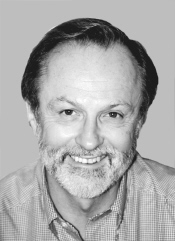A Quote by Pierre Omidyar
I had always been interested in markets - specifically, the theory that in financial markets, goods will trade at a fair value only when everyone has access to the same information.
Related Quotes
The American people want to make sure that the rules of the game are fair. And what that means is that if you look at surveys around Americans' attitudes on trade, the majority of the American people still support trade. But they're concerned about whether or not trade is fair, and whether we get the same access to other countries' markets that they have with us. Is there just a race to the bottom when it comes to wages, and so forth.
The single most significant change has been the globalization of labor markets. Product markets - trade in goods - have been globalizing for years. But now, with the reduction in communication expenses and the building of all sorts of IT infrastructure, essentially any job can be done almost anywhere.
The generally accepted theory is that financial markets tend towards equilibrium, and...discount the future correctly. I operate using a different theory, according to which financial markets cannot possibly discount the future correctly because the do not merely discount the future; they help to shape it.
A free-enterprise economy depends only on markets, and according to the most advanced mathematical macroeconomic theory, markets depend only on moods: specifically, the mood of the men in the pinstripes, also known as the Boys on the Street. When the Boys are in a good mood, the market thrives; when they get scared or sullen, it is time for each one of us to look into the retail apple business.
In certain circumstances, financial markets can affect the so-called fundamentals which they are supposed to reflect. When that happens, markets enter into a state of dynamic disequilibrium and behave quite differently from what would be considered normal by the theory of efficient markets. Such boom/bust sequences do not arise very often, but when they do, they can be very disruptive, exactly because they affect the fundamentals of the economy.

































